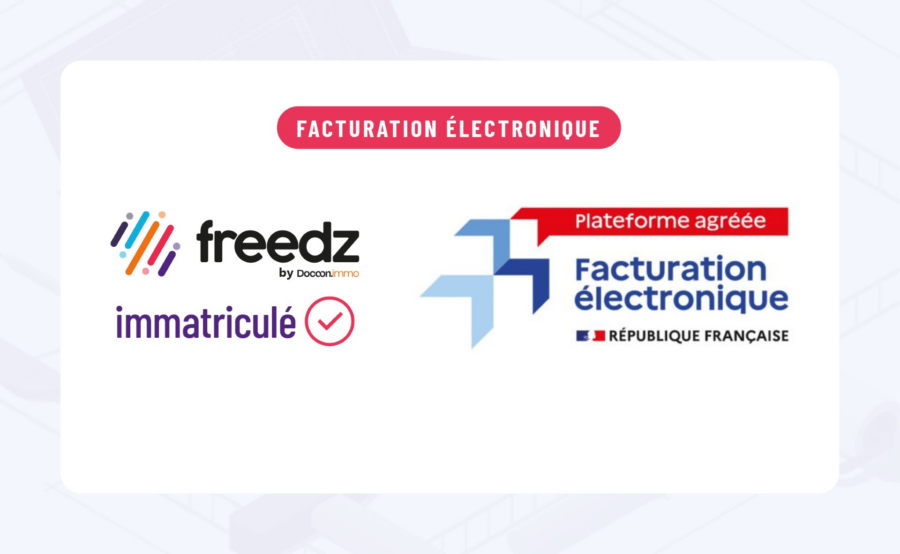
Accounts Payable: a plea to end manual invoice management
Processing accounting data is time-consuming, regardless of the size of the company. One of the most time-consuming tasks is undoubtedly the entry of supplier invoices.
Between time allocation, handling contingencies, lost information, transfers and approval requests, the time spent on managing invoicing is colossal. As an accounting professional, you're probably already convinced that technology can help you reduce the time you spend on these tasks. But what about your management?
As an accountant, here are all the arguments you need to convince your management that accounting is also a department that can be effectively digitised.
1 - Automatic collection of supplier invoices and data
Despite the many accounting management tools available, many companies are struggling to go paperless. When they manage to digitise their invoicing, it is often on the collection and validation side that they still lose the most time. Finally, in many cases, manual invoice management is often indispensable.
Indeed, without a management tool for the automatic processing or extraction of invoicing data, the interest of dematerialisation is less.
However, there are several ways to go further:
- Automatic document reading: also known as ADR or OCR, this solution is very widespread and makes it possible to extract key information from an invoice or an accounting document almost automatically, such as amounts, date, VAT, etc. However, it has a weak point: the extraction of this data requires human validation.
- Electronic invoicing tool: this is an electronically generated document that complies with all the legal rules on invoicing. The document is stored in a so-called "structured" format and is automatically read by invoice management software, which can extract, sort and filter the information without any manual intervention. This is the most successful solution in terms of automation.
2 - Supplier accounting: what about cutting costs?
The automation of management also represents a significant financial gain. Indeed, even if the purchase or the subscription to the solution can represent, in the short term, a significant investment for the company, the latter will be able to note a fast return on investment.
According to anErnst & Young study from 2020, it costs an average of 15 euros to process a paper invoice, while a dematerialised invoice costs around 5 euros. By choosing to digitise supplier accounting, you can therefore divide the costs associated with invoice management by three. It is therefore easy to imagine the financial gain that this can represent on a large scale.
3 - Supplier accounting: dematerialising to gain in speed
Numerous studies have shown that dematerialising invoices reduces processing time by an average of 75%. This management of time and time-consuming tasks is a strong argument to put forward to a manager. But it is not the only one. Automated data entry and control, a smoother validation process, a reduction in the time taken to process disputes and the time taken to pay suppliers are also among the many benefits of automation.
Many companies have embarked on digital transformation but some have not yet succeeded in optimising all their processes. Indeed, the main objective of digital transformation is to improve business performance by automating the most time-consuming and low-value-added tasks. The manual management of invoices is a major area for improvement. Automation allows employees to refocus on their core business in order to carry out tasks that require real expertise.
In addition, the timely payment of supplier invoices is particularly important as it can help you to avoid late payment penalties or even negotiate discounts for early payment.
4 - More security in the processes
This is no longer true. The paper processing of supplier invoices requires numerous steps (printing, scanning, sorting, archiving, etc.) during which the rate of error, loss and degradation of documents can also be significant.
The dematerialisation of invoices and automation provide additional security for several reasons:
- Reduction of the steps between collection and payment of the bill,
- Automation of data collection and extraction,
- Streamlining of validation circuits,
- Automatic checks to ensure the authenticity and reliability of the invoice,
- Reliable storage and archiving
The risk of fraud and disputes and the costs associated with them are thus considerably reduced.
To conclude
In conclusion, the dematerialization of invoices is more essential than ever, particularly in view of the obligations imposed on companies by 2026 (postponement of the entry into force originally planned for 2024, see our article on this subject). At the same time, the move to a dematerialized invoice solution is often driven by accounting departments. They are looking for tools that will free up their time to focus on tasks with higher added value for the company.
In short, if you had to remember only 4 arguments to convince your management, they would be :
- More time freed up for value-added tasks,
- Less errors, less risk of litigation or fraud,
- Less document and data loss,
- More room for negotiation with your interlocutors
Other articles you may be interested in:

Work situation: 8 obstacles that are holding back your projects... and how Freedz eliminates them!

Electronic invoicing 2026: the "zero oversight" checklist for social landlords
